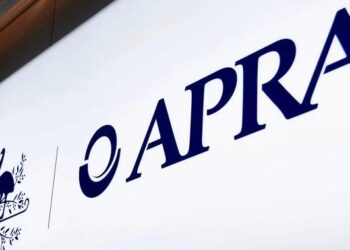Industry fund Cbus said the Board of Taxation review has to focus on the non-compliance of superannuation payments by employers and the penalties for this in order to boost retirement savings.
Cbus argued that with research from Tria Investment Partners, which it commissioned, showing last year that 650,000 Australians missing out on a total of $2.5 billion in compulsory super payments, policy makers need to guarantee timely compliance with super payments before making decisions on policy recommendations.
The comments come off the back of the Board of Taxation report, which said the present penalty regime for employers is "unnecessarily harsh".
"The recommendations of the Board of Taxation appear to be proposed on the basis of removing compliance requirements for small business. Yet their test should, more importantly, be whether they will ensure compulsory and legislated payments are made by employers," Cbus CEO David Atkin said.
"Cbus recognises that the vast majority of our Funds' employers do the right thing by their employees and pay their superannuation. They understand the importance of retirement savings for their employees and oppose those who avoid or game payments because it creates an unfair advantage in a highly competitive market."
Atkin also urged policy makers to consider young people, low income earners and those in high-risk before making decisions on policy recommendations.




